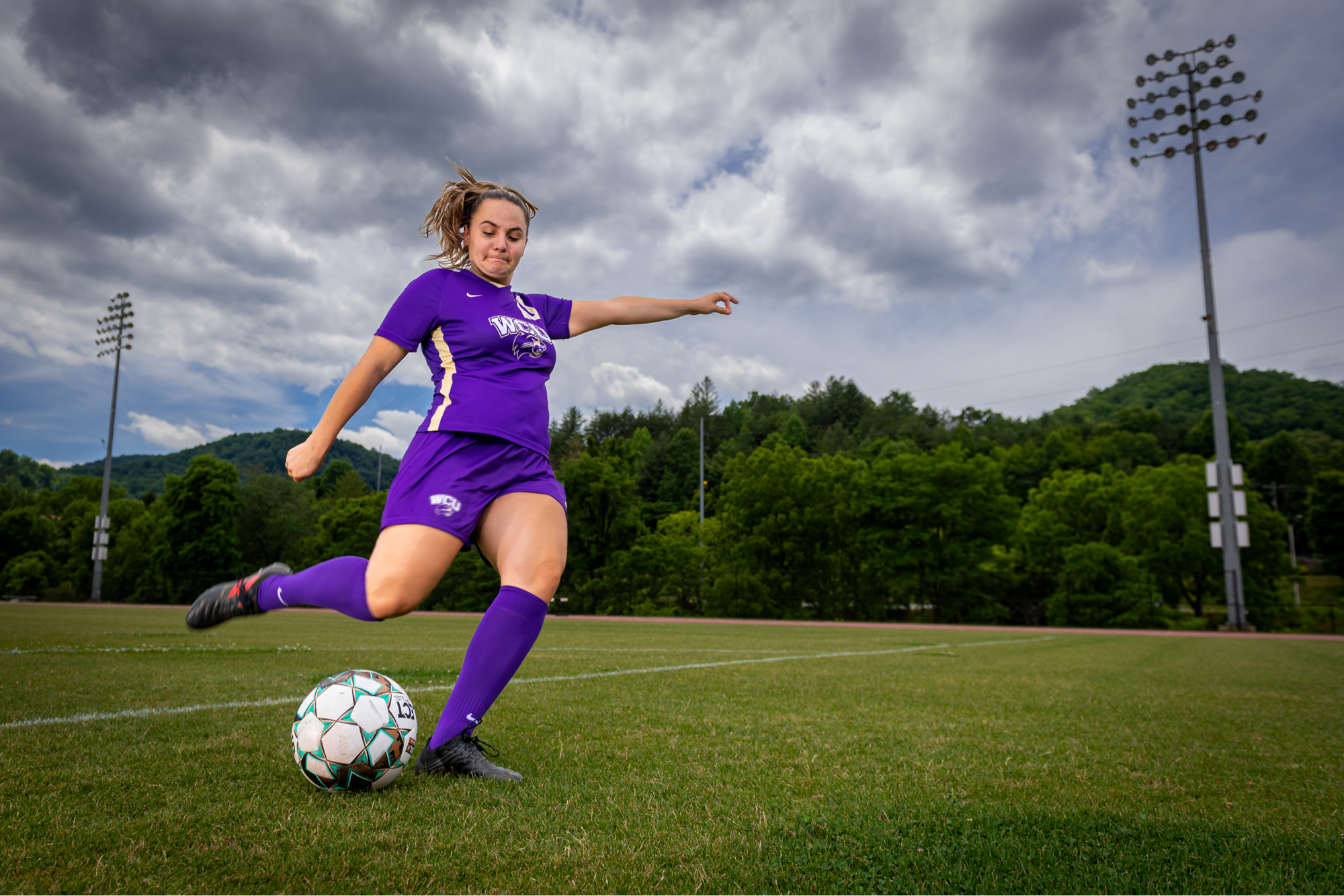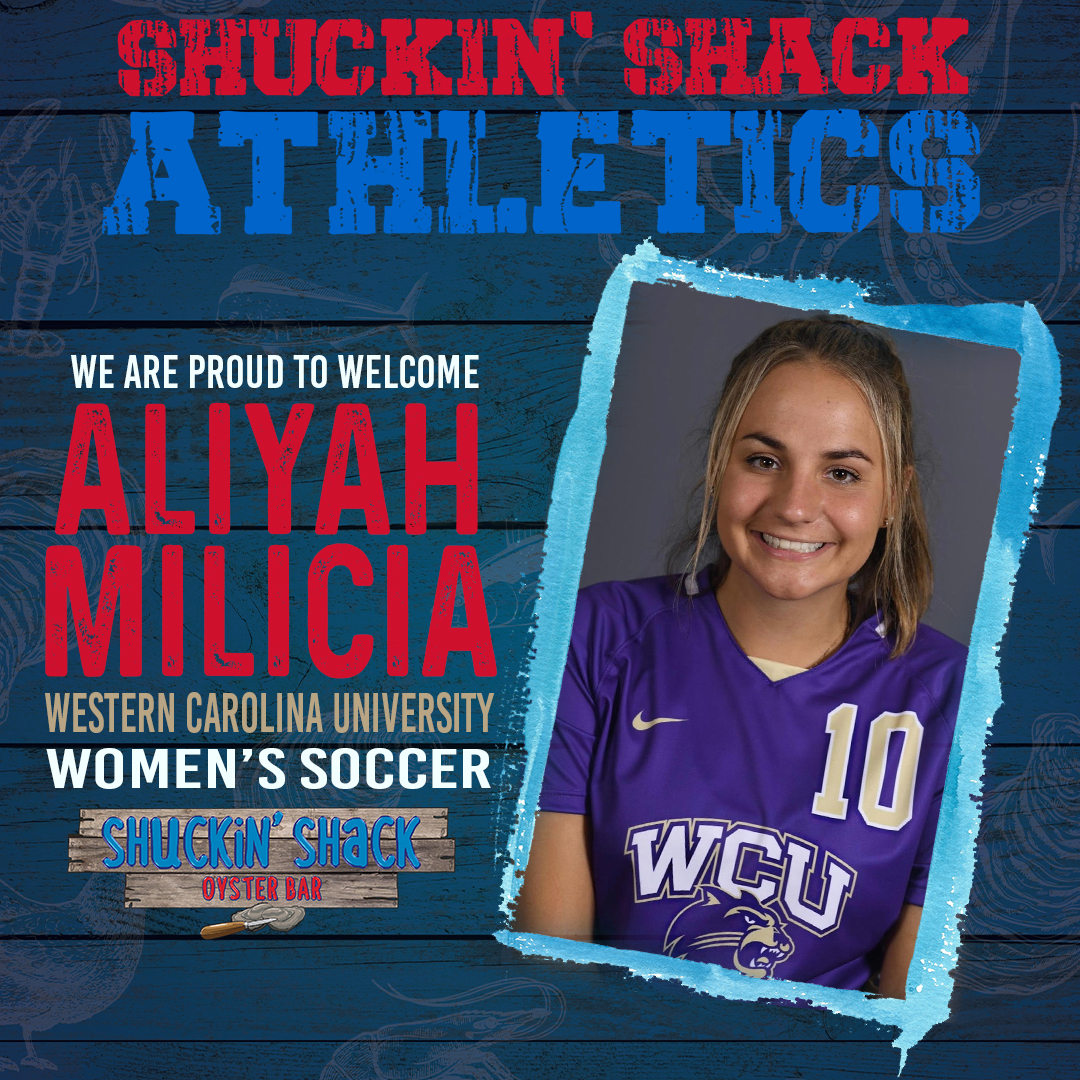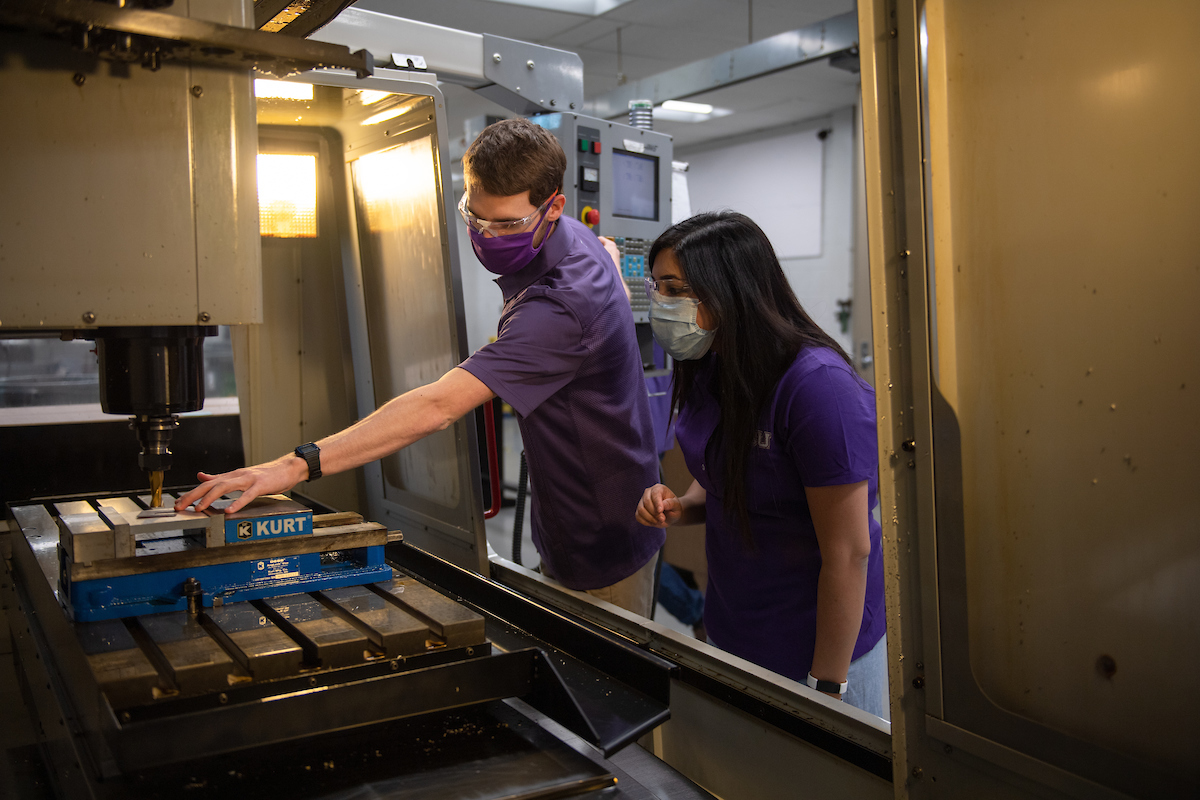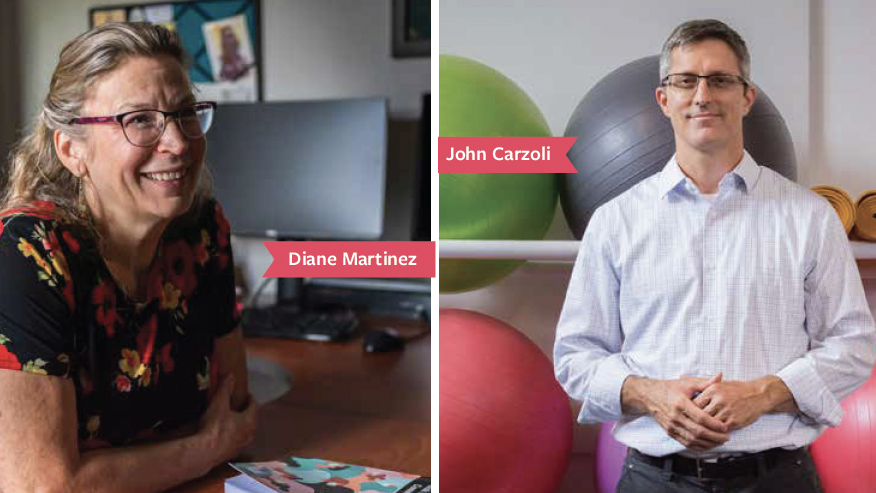
Shack-Lete
A
-lete
Soccer player Aliyah Milicia is among the first at Western Carolina University to capitalize on a new NCAA policy allowing college athletes to strike deals and earn money from business partnerships using their name, image or likeness. The NIL policy took effect in August 2021. With 480,000 students competing in NCAA sports and an estimated 182 million college sports fans, it opens a vast realm of marketing opportunities for companies and earning potential for college athletes. Athletes still can’t be paid to play or to attend a school. But they can make money from things like ads and endorsements, paid social media posts, training camps and lessons, public appearances, speaking gigs, autographs and merchandising. “I’m glad it came about,” Milicia said about the change to NCAA’s long-debated amateurism rules.
One of her concerns is seeing more student-athletes benefit, and not just high-profile athletes in the most watched sports. Some companies are making massive deals with the biggest names in college football and basketball, and with athletes who have expansive social media followings that the brands can tap into. Others are trying different approaches. When Shuckin’ Shack, a Wilmington-based oyster bar franchise with 16 stores in five states, announced it was going to start sponsoring college athletes, Milicia took notice. The Catamount soccer player has worked part-time at the Shuckin’ Shack in Greenville, South Carolina since she was 16 years old and played soccer competitively almost since she could walk. Milicia reached out to learn more. She was soon made one of the company’s new “Shack-letes.” The company focused its first NIL initiative on lesscommercialized sports such as golf, gymnastics and soccer at the universities near its stores — aiming to support local athletes and boost brand awareness among a younger demographic. “We saw marquee quarterbacks getting million-dollar deals while thousands of other athletes across the nation who are all stars in their sport and in the classroom were getting forgotten,” said Darren Keeler, vice president of marketing for Shuckin’ Shack. “We know how hard it is to be a college student-athlete and wanted to show our support.” Milicia appreciates the support as a hardworking student-athlete. Injuries kept Milicia on the sidelines last season.
While she worked to recover, Milicia continued to serve on WCU’s Student-Athlete Advisory Committee, helped lead a women’s soccer team that’s performing well on the field and in the classroom, and been a role model for younger players, coach Chad Miller said. “She’s someone who’s been through a lot and is still determined to be successful, which says a lot about her character,” Miller said. Injuries have also influenced Milicia’s studies. She’s majoring in communications with a concentration in health and minoring in marketing.
“There needs to be more companies like Shuckin’ Shack supporting all the people who are putting in the work, day in and day out.” -Aliyah Milicia
“I love public speaking, so I always knew I wanted to pursue communications,” Milicia said. “What brought me to the health concentration was just my time spent in hospitals growing up playing soccer. I’ve had a lot of injuries. Concussions, broken bones, surgeries, tears. I just want people to have a good experience in hospitals if I can do anything to help make that happen.” Other NIL deals have been relatively slow to come to student-athletes at WCU. “Even after the NCAA made its change, as we got into fall semester, I would say the majority of our student-athletes still didn’t know what NIL was about,” said Kyle Pifer, deputy athletics director. College athletes aren’t alone. Schools and companies are also working to understand NIL policy and what’s allowed in what many call a “Wild West” environment. In January, WCU partnered with Florida-based Athliance as a resource to help navigate the new realm. The company helps athletes learn about NIL opportunities and how to pursue, Aliyah Milicia lands NIL deal with Shuckin’ Shack by Tom Lotshaw A -LETE negotiate and disclose deals and avoid potential pitfalls. It also helps schools stay in compliance with NCAA regulations.
As of this summer, only about 15 NIL deals have been reported among the roughly 350 athletes at WCU. Pifer expects to see that total grow as athletes and businesses learn more about how they can both benefit from these new opportunities. As an employer, Milicia said Shuckin’ Shack has always been supportive and flexible in accommodating her busy and complicated school and sports schedule. The new “Shack-lete” sponsorship also nets her gear, apparel, restaurant gift cards and some extra money to help with books, tuition or housing each semester. It’s also been a great networking opportunity.
“It’s amazing to be able to say I have a sponsorship,” Milicia said. “It might not be like a million dollar one, but it’s helpful and hopefully it can help encourage others to get involved, reach out to companies and see what happens.” Milicia, who also has smaller sponsorships with Naked Nutrition and Barstool Sports, hopes to see more everyday athletes benefit from NIL, especially athletes in women’s sports. It’s something she’s concerned might not happen without additional regulation. “I think there needs to be more companies like Shuckin’ Shack supporting all the people who are putting in the work, day in and day out, but not necessarily the stars of the show,” Milicia said. For now, she thinks the vast majority of athletes will have to seek out sponsorships and NIL deals, envisioning opportunities for themselves and businesses, and then working to help make them materialize. “If you want a partnership, go after it,” she said. “Don’t just say, ‘Nobody reached out to me.’ Reach out to them and don’t be afraid to talk.”


